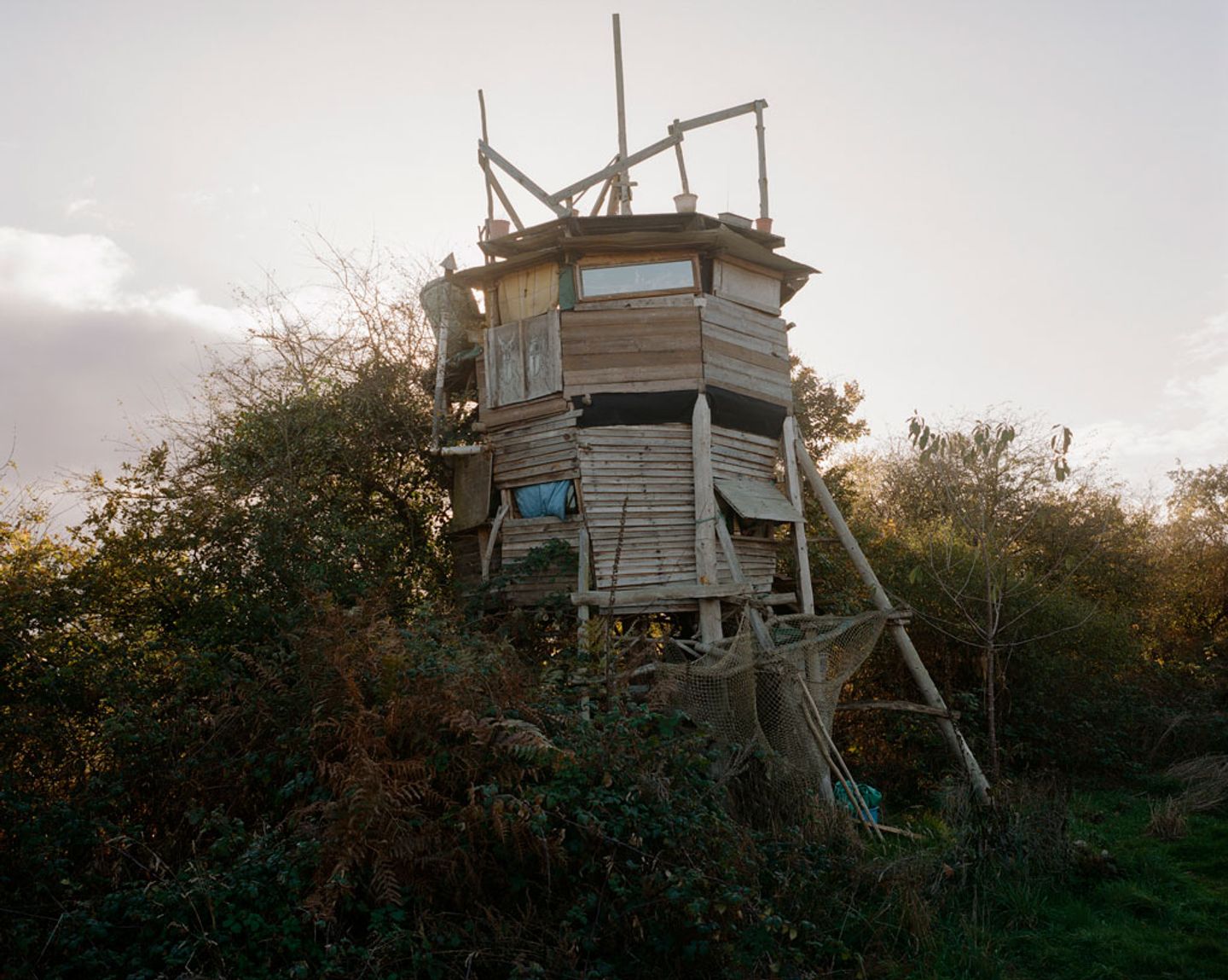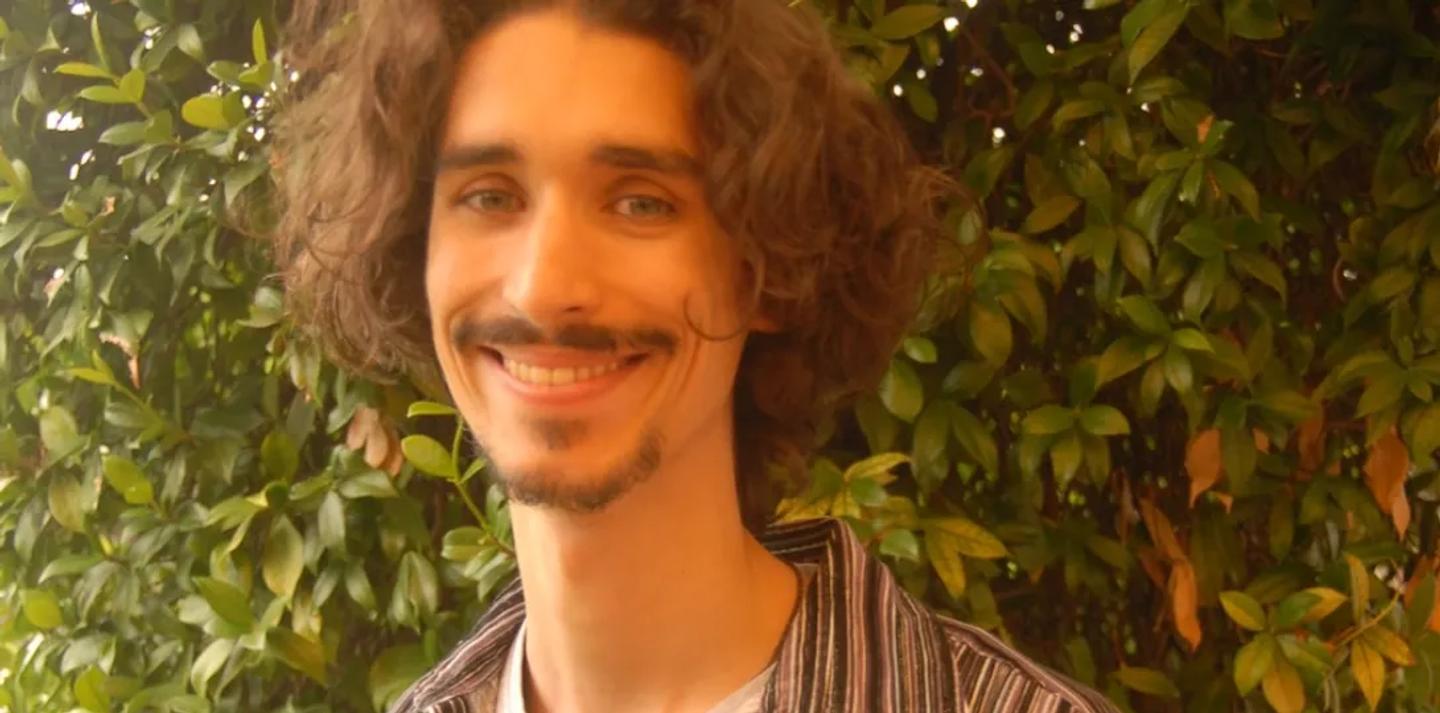

This article arises from my engagement with the book/manifesto We Are Nature Defending Itself (2021) by Isabelle Fremeaux and Jay Jordan. The book encapsulates their experiences as researchers, artists and activists, centring on the legendary resistance movement opposing the construction of an airport in Notre-Dame-des-Landes. Between them, Fremeaux and Jordan craft a compelling account which highlights the power of collective action, environmental activism, and the almost surreal unity of how a popular movement challenged extractivism.
Notre-Dame-des-Landes, a region near Nantes, is characterised by its ancient bocages—hedgerow landscapes where peasants practised subsistence agriculture for centuries. The proposed airport, dubbed Aéroport du Grand Ouest, was deceptively framed by greenwashing rhetoric, which sought to hide the development’s threat to this ecologically and culturally rich terrain:
Thanks to the artfulness of the airport’s architects, the memory of this bocage was to remain after its annihilation in the form of special herb gardens set next to the two runways, planted in squares of different colors, which, according to the project’s glossy brochure, would “remind us of the geometric surfaces framed by the hedgerows, yet without them.” The plan included the replanting of some hedgerows to line the new motorway that would serve the airport and divide up its acres of parking lots. But, due to the danger birds might pose to airplanes, care would be taken to ensure the trees used would discourage nesting.[1]
This marked the beginning of a prolonged and determined resistance to the airport's construction, which saw hundreds of people from diverse backgrounds converge on the bocages, occupying the land in an extraordinary display of united resilience. Treehouses, motorhomes, reclaimed barns, heirloom farms, and makeshift bakeries transformed the bocages into a vibrant hub of communal life, fueled by aspirations of freedom and a shared commitment to preserving this unique ecosystem. It was here that the ZAD of Notre-Dame-des-Landes, an acronym for “Zone à Défendre” (“Zone to Defend”) in French, was born.

What makes the book particularly compelling is that the authors were not passive observers but active participants within this resistive community. The narrative is drawn directly from their lived experiences during this extraordinary rebellion, offering a deeply personal and insightful account of a movement defined by its collective resistance and environmental stewardship. The extreme violence deployed by police and governmental agencies against this social movement starkly highlights the complicity of state structures with capitalist ventures. It also underscores the relevance of reframing the current era from the Anthropocene to the Capitalocene[2], providing a more precise lens to understand the roots of the climatic crisis.
Upon reflection, what struck me most throughout the reading was the unwavering courage and sacrifice of this community. Despite facing legal prosecution by the French government, relentless pressure from a multinational corporation, and repeated police aggression, they held steadfast to their goal of liberating the bocages from capitalist exploitation. Ultimately, their perseverance paid off: the airport was never built. This triumph serves as a powerful testament to the strength of collective action and the possibility of resisting exploitative systems to protect ecological and social integrity.
This article is a contribution from one of the participants of The Gramounce Food & Art Alternative MA 2024-25. Their writing is inspired by one of our seminars, or responds to a similar field of interest within food & art.
______
[1] Fremeaux, Isabelle and Jordan, Jay. We Are Nature Defending Itself, Pluto Press, 2021. p.40
[2] For further reading I recommend: Moore, Jason. Anthropocene or Capitalocene? Nature, History, and the Crisis of Capitalism, PM Press, 2016.

João Pedro Soares is a filmmaker, writer, and researcher currently pursuing a PhD in artistic Studies at NOVA-FCSH in Lisbon. His doctoral research explores the intersection of ecology and contemporary Portuguese documentary cinema.
João is a participant of the 2024-2025 Food & Art Alternative MA (online), currently on a work-exchange with The Gramounce.
